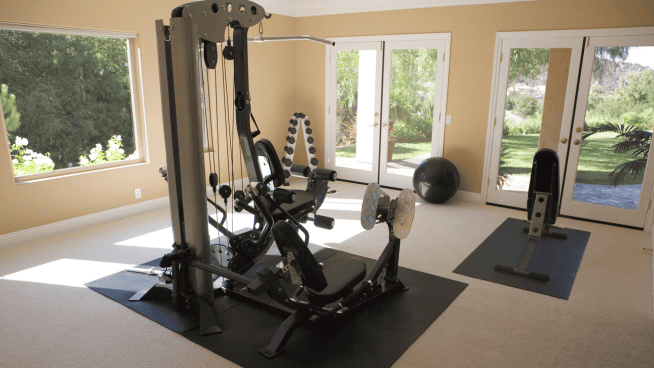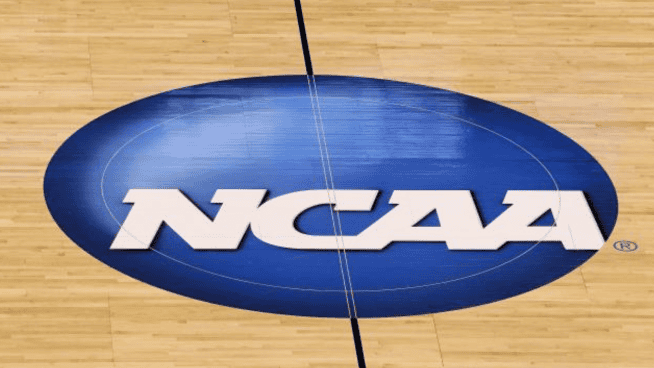Eating Healthy for Training Camp
Think you’re ready for early-morning tryouts and grueling practices and scrimmages for your fall sport? Even if your off-season workouts got you in shape for training camp, bad nutritional habits can throw off your performance. If you arrive at the field slightly dehydrated—or with no food, or too much food, in your stomach—don’t expect to play at your best, regardless of how much strength and lean muscle you’ve gained this summer.
Limiting water intake and omitting a pre-practice meal, for example, can contribute to physical and mental dehydration, making you more susceptible to injury and illness such as muscle cramps and heat stroke. Fluid and mineral imbalances, especially in hot and humid conditions, can make you lethargic and impair your concentration and eye-hand coordination, decreasing your reaction time.
Overeating or making poor meal choices before practice or games can cause nausea and indigestion.
To help you perform at your best, I’ve laid out some dietary tips:
Early Morning Practice
Prepare a light morning meal the night before. Blend fruit with plain yogurt for a smoothie, or top a cup of cottage cheese with some sliced fruit, then refrigerate overnight so you can grab and go in the morning. Try water-based fruits—like watermelon, cantaloupe, oranges or berries—and pair them with whole-grain cereal and milk, topped with chopped nuts or whole grain toast with peanut butter. Allow at least one to two hours for digestion.
Other healthy breakfast options:
- Hard-boiled egg, glass of milk and grapes
- Dried fruit and nuts or seeds
- Peanut butter and banana sandwich on whole grain bread
Get enough rest. Make sure go to bed early enough so you get seven to nine hours of sleep and don’t have to rush in the morning.
Hydrate. Sleep dehydrates the body, so make sure to drink enough water in the morning. And prior to exercise or sports, health professionals recommend drinking at least 8 ounces of water for every 50 pounds of body weight. Spruce up the flavor with lemon or lime slices.
Avoid foods that slow you down. Fried and high-fat foods take longer to digest, compromising intense physical activity. Sugary breakfast foods such as high-sugar cereals, donuts, and pastries may give you a quick energy boost, but it will be followed by a low that hinders sports performance.
Afternoon or Evening Practice
Eat a light lunch or dinner. About two hours before practice, eat broiled or canned fish with veggies such as salad greens or peas and a baked potato, yam or brown rice. Drink a few glasses of water for hydration. Broiled or canned fish takes less time to digest than poultry, beef, lamb or pork.
Keep your snacks light yet protein-filled. Some of my favorites:
- String cheese with carrot and celery sticks and water
- Trail mix containing raisins, nuts and dark chocolate bits
- Cheese on whole grain crackers with grapes and water
Read more:
RECOMMENDED FOR YOU
Eating Healthy for Training Camp
Think you’re ready for early-morning tryouts and grueling practices and scrimmages for your fall sport? Even if your off-season workouts got you in shape for training camp, bad nutritional habits can throw off your performance. If you arrive at the field slightly dehydrated—or with no food, or too much food, in your stomach—don’t expect to play at your best, regardless of how much strength and lean muscle you’ve gained this summer.
Limiting water intake and omitting a pre-practice meal, for example, can contribute to physical and mental dehydration, making you more susceptible to injury and illness such as muscle cramps and heat stroke. Fluid and mineral imbalances, especially in hot and humid conditions, can make you lethargic and impair your concentration and eye-hand coordination, decreasing your reaction time.
Overeating or making poor meal choices before practice or games can cause nausea and indigestion.
To help you perform at your best, I’ve laid out some dietary tips:
Early Morning Practice
Prepare a light morning meal the night before. Blend fruit with plain yogurt for a smoothie, or top a cup of cottage cheese with some sliced fruit, then refrigerate overnight so you can grab and go in the morning. Try water-based fruits—like watermelon, cantaloupe, oranges or berries—and pair them with whole-grain cereal and milk, topped with chopped nuts or whole grain toast with peanut butter. Allow at least one to two hours for digestion.
Other healthy breakfast options:
- Hard-boiled egg, glass of milk and grapes
- Dried fruit and nuts or seeds
- Peanut butter and banana sandwich on whole grain bread
Get enough rest. Make sure go to bed early enough so you get seven to nine hours of sleep and don’t have to rush in the morning.
Hydrate. Sleep dehydrates the body, so make sure to drink enough water in the morning. And prior to exercise or sports, health professionals recommend drinking at least 8 ounces of water for every 50 pounds of body weight. Spruce up the flavor with lemon or lime slices.
Avoid foods that slow you down. Fried and high-fat foods take longer to digest, compromising intense physical activity. Sugary breakfast foods such as high-sugar cereals, donuts, and pastries may give you a quick energy boost, but it will be followed by a low that hinders sports performance.
Afternoon or Evening Practice
Eat a light lunch or dinner. About two hours before practice, eat broiled or canned fish with veggies such as salad greens or peas and a baked potato, yam or brown rice. Drink a few glasses of water for hydration. Broiled or canned fish takes less time to digest than poultry, beef, lamb or pork.
Keep your snacks light yet protein-filled. Some of my favorites:
- String cheese with carrot and celery sticks and water
- Trail mix containing raisins, nuts and dark chocolate bits
- Cheese on whole grain crackers with grapes and water
Read more:








